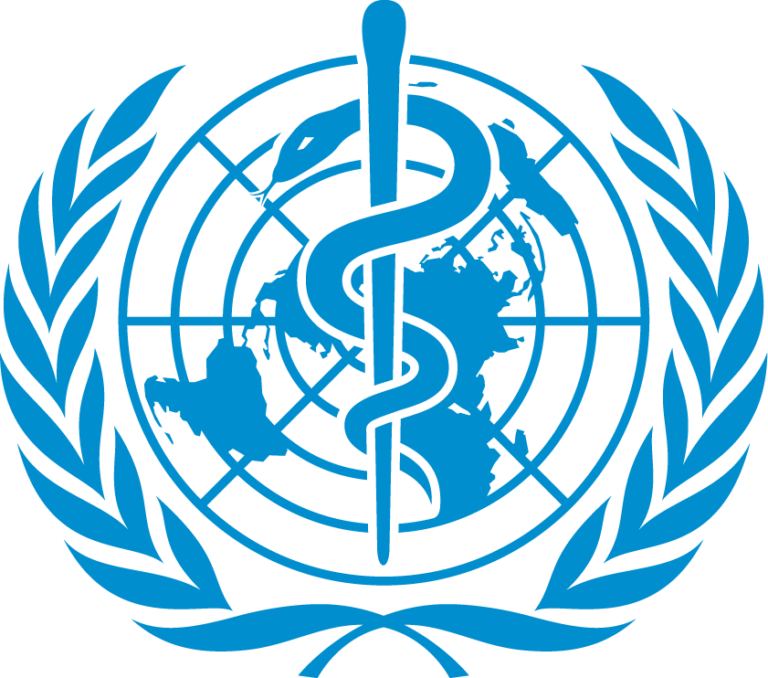
, ,
Contract
This is a No grade contract. More about No grade contracts.
,
Purpose of the position
To meet these challenges, the Regional Office prioritized countries, deployed multidisciplinary teams of experts, produced data and evidence to support evidence-based public health decision making, and monitored the development, implementation, and monitoring of a Country Support Team Strategy.
To address inequities in service delivery with an emphasis on disparities in gender and sub-national geographic locations, and to scale-up COVID-19 vaccine service delivery among the highest priority risk groups in the four (4) regions of Cameroon.
In addition to the previously indicated four (4) regions, a modest cash investment is suggested to help WHO respond adaptably to changing demands in Cameroon, which has a low COVID-19 vaccination coverage rate and limited subnational capability.
Furthermore, the environment in Cameroon offers potential advantages to be taken advantage of, such as boosting political engagement, data improvement initiatives, opportunities to collaborate with humanitarian actors and streamline integration, and increased coverage in November 2022 national campaigns. By the end of December 2022, the government was expected to have achieved 40% of its national objective targets; as a result, it urgently needs assistance. To accomplish this, WHO has received funding from the Canadian government to scale-up the delivery of COVID-19 vaccine services among the highest priority risk groups in the four (4) regions of Cameroon, with a focus on community engagement, within the context of addressing service delivery inequities with a focus on disparities in gender and sub-national geographic locations.
The incumbent will collaborate with the Emergency Preparedness and Response, and Vaccines Preventable Diseases units in WHO country offices to ensure that no one is left behind in the delivery of COVID19 vaccination.
He/She will provide expert technical advice to conduct an evaluation of gender, equity and human rights considerations in the activies of vaccination and surveillance inpriority districts. Importantly, the incumbent will ensure intersectionality is central to the Leaving No-One Behind for reaching those furthest behind with COVID vaccines through analysis of intersectional gender factors that influences demand, uptake and acceptance of immunisation services.
Duties and Responsibilities
Under the coordination of the WHO representative and the supervision of the FP immunization, the incumbent is responsible for the following tasks:
- Provide technical support for targeted and context specific gender, equity and human rights and intersectional analyses to identify at risk and vulnerable populations not included in previous national COVID vaccination strategies and plans and immunization in general.
- Conduct assessments and vaccine hesitancy surveys to identify obstacles and develop differentiated delivery strategies to reach disadvantaged populations including gender diverse groups.
- Conduct advocacy and policy dialogues with stakeholders including women’s and men’s groups to prioritize gender responsive interventions critical for improving coverage of COVID19 vaccination.
- Develop a GER implementation plan for immunization activities
- Provide technical support for monitoring and reporting of GER components of the vaccination programme through selected priority indicators at national and subnational levels.
Required qualifications
Education
Expérience
- At least 5 years of relevant work experience mainstreaming gender, equity and human rights in sexual and reproductive health, immunization or other public health programmes in a developing country.
- Experience applying qualitative research techniques in multi-method quantitative and qualitative approaches, including in conjunction with epidemiological statistics to identify barriers to effective coverage
- Experience co-developing and co-implementing public health projects and interventions related to disadvantaged or vulnerable groups and targeting other identity-based inequalities and discrimination would be an advantage.
Desirable
- Capacity to interact with member states senior officials, and credibly influence senior decision makers in government and international organizations.
- Relevant field experience with the UN and familiarity with the UN system is highly desirable
Skills
- Ability to conduct intersectional gender, equity and human rights analysis
- Ability to utilize WHO health equity and barriers assessment tools
- Strategic and operational planning skills including translating GER analysis into effective strategies and plans, especially in immunization and other public health interventions in the field.
- Strong interpersonal and coordination skills to work with interdisciplinary teams and to effectively communicate with senior officials, multiple stakeholders and professionals from diverse cultural and professional backgrounds.
Language
Excellent verbal and written skills in English and /or French.
, Apply now , Added 3 hours ago – Updated 3 hours ago – Source: who.int